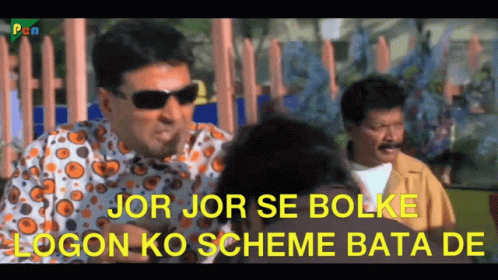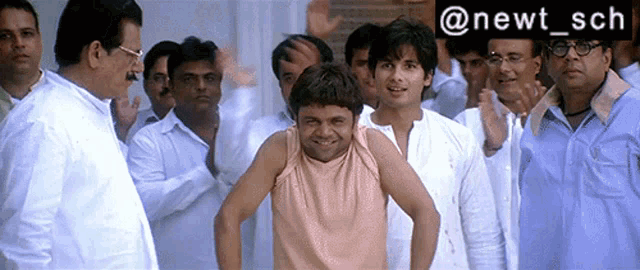The easiest solution to climate change?
Hey there 👋🏻
In our learning circle on Monday, we were joined by Arpana, Sayee (one of our new members, yay!), Rajneesh (another new member, yay!), Shanya, and Nikhil. The quality of the combination of learning with discussions in this circle gave us quite a benchmark to strive towards!
We learnt about the problem of food waste and how it is simultaneously one of the major drivers of climate change as well as one of the easiest ways to slow it down.
The video starts by talking about FoodCam - a simple solution to get rid of food wastage in offices. People with leftover food can simply leave it in front of the FoodCam and its picture is posted across different communication platforms like Slack, mailing lists, etc. The outcome: there is a mad rush to get to the food before it vanishes!
But wait, how big could the problem of food wastage be?And, how is it related to climate change?
To answer the first question, an average person in India wastes about a month’s worth of food per year (50kg per year wasted / 2kg needed per day). At the same time, 1 in 7 people in India are undernourished. When it comes to climate change, if all the food waste in the world was considered a country, it would be the third largest contributor to the problem, just behind China and the US. This is because when food decomposes, it releases harmful greenhouse gases into the air, which are warming up the planet.
So, why is solving the problem of food wastage one of the easiest ways to slow down climate change? Well, for one, none of us really like wasting our food. Especially as Indians, many of us have been brought up in a culture where wasting food is almost considered a crime. The problem is largely that we haven’t been paying much attention to it. Why?
we usually live in a rush without really stopping to ask ourselves “do we need to buy this item” + wanting the option to eat something even if we don’t end up eating it. Rajneesh mentioned how his food wastage tends to be more while living alone compared to when he stays with his family.
research shows that once we’ve bought more food than we need, with the excess making its way to the refrigerator, its worth starts reducing.
research shows that we don’t like empty spaces in our refrigerators and plates. Thus, we end up trying to fill it up.
Now, then, what are some ways that we could reduce food waste:
To begin with, simply having the knowledge about the problem of food waste on our radar can help us waste a lot less. Clearly quantifying how much food is regularly wasted can help us be more aware.
Using a smaller fridge and smaller plates have been shown to reduce food waste by a huge amount. Arpana shared that earlier, companies offering lunch used to let their employees self-serve. However, now, as companies are bringing back employees, they are serving them a fixed amount of food. Many people are unable to complete the given amount of food, thereby increasing the food wastage.
If we do end up having extra food, we can try to get it to the people who are in desperate need for food, for example, by matching people who have excess food with people who are in need. Some examples of companies doing this: savfood.org (in Netherlands), RobinHood Army (in India). Sayee shared how he ends up feeding leftover food to the dogs in his neighbourhood and uses it as manure in his garden.
A few more highlights from the discussion:
In India, food is a huge part of our culture when it comes to celebration, wishing anyone luck, treating oneself, etc. As hosts, we also tend to want to overfeed our guests, tend to consider it rude if they don’t eat a lot and are trained to keep asking (borderline forcing) people to eat more.
A huge barrier for organizations bringing leftover food to those in need is the money required to set up operations and an on-ground team to do the collection + distribution.
Finally, we also watched this short video on how rotten vegetables are being used to create electricity in Hyderabad’s Bowenpally market!
Special thanks to Bhairevi for reading an early draft of this post and suggesting valuable edits! :)
We are always looking for feedback on how we can improve. Please consider sharing your thoughts with us at ecorageous@gmail.com!
If you found it valuable to be a part of the circles and have friends/family/colleagues who might find benefit from being a part of them too, do consider inviting them to the circle by sending them this form. If you enjoyed being in the circles and want to be a part of our community (Discord and WhatsApp), please fill out this form to receive an invite. We’ll be adding you soon!
Also, we’ll be posting climate memes on our LinkedIn, Twitter, and Instagram. Do consider following us on those places if you’re keen on adding some climate humor to your feed.









